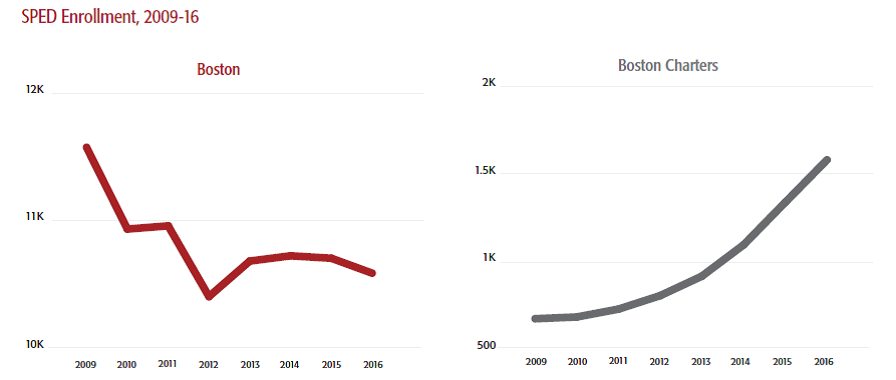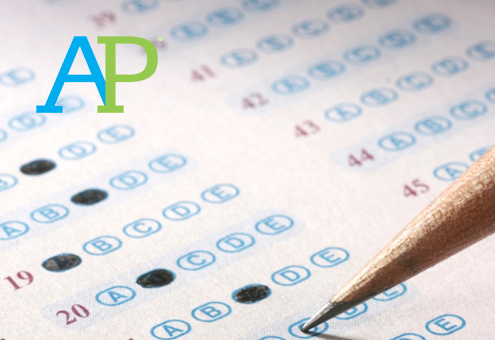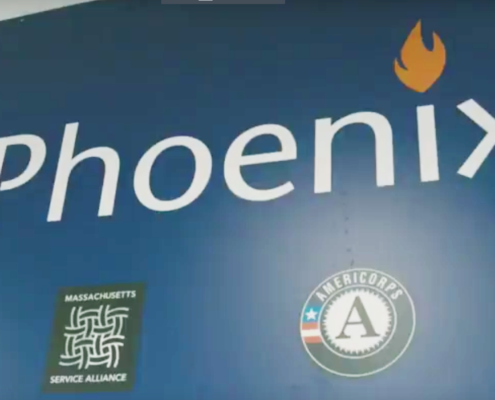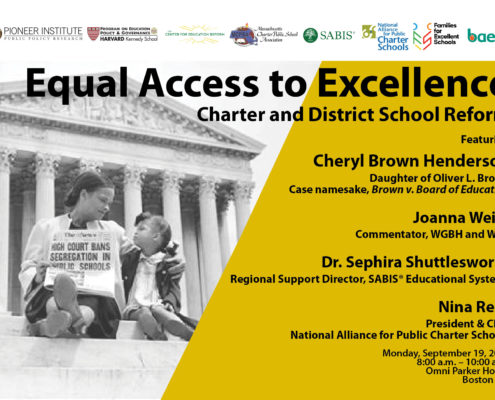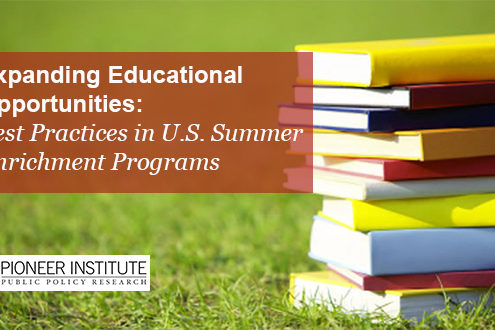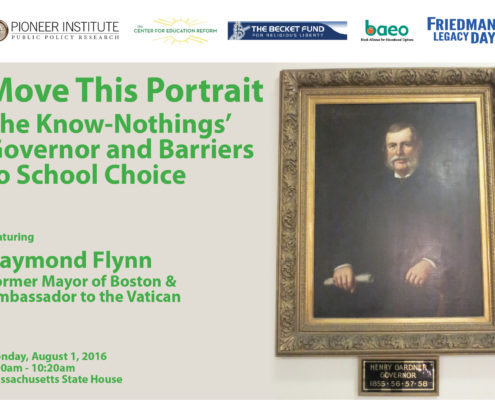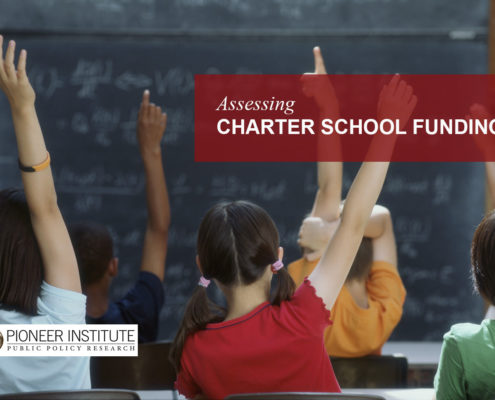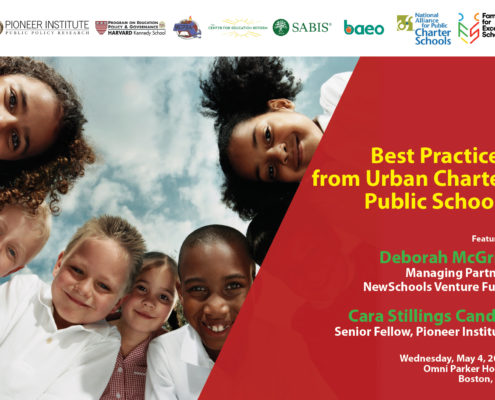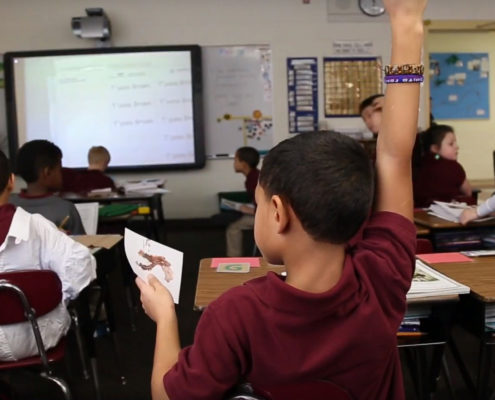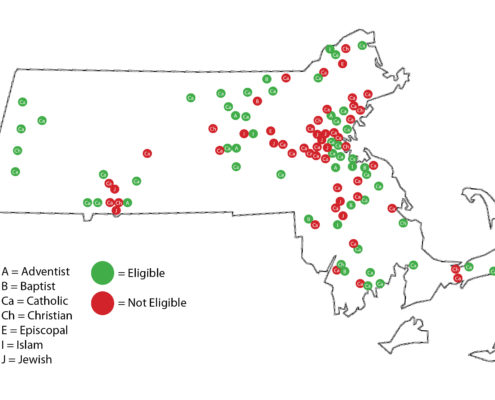Charter School Special-Needs Students Achieving Excellent Outcomes
Percentage Of Charter School Special-Needs Students Is Rising, Outcomes Improving
2010 law required more extensive outreach to students with special needs, provided means to enhance recruitment
Read coverage of this report in the Boston Herald: Report counters argument that charters don’t serve special-needs students
BOSTON – In the wake of recent public policy changes, Massachusetts charter public schools are beginning to reach demographic parity with their district counterparts in terms of the percentage of special-needs students they educate, and those students, especially in Boston, are achieving excellent outcomes, according to a new study published by Pioneer Institute.
A 2010 state law requires every Massachusetts charter school to develop a detailed plan for how to recruit and retain special-needs students and English language learners. The same law requires school districts to share mailing lists with charters to make it easier for charter schools to recruit students with special needs.
“As of earlier this year special education enrollment in Boston Public Schools was around 20 percent and 16 percent of Boston charter students were on Individualized Education Programs,” said Cara Candal, who co-authored “Students with Special Educational Needs: Demographic and Achievement Trends” with Professor Ken Ardon.
Opponents claim that charters “push out” students who are less likely to perform well, but the 2015 MIT study that compared those admitted to charters to those who applied but were not selected in charter school lotteries, found that charter special-needs students are similarly or less mobile than their BPS counterparts.
Charter schools receive far less funding for facilities than district schools do. This can create problems when it comes to meeting legal classroom size requirements for special-needs students. To remedy this, Ardon and Candal recommend that facilities funding be equalized for charter and district public schools.
About the Authors
Cara Stillings Candal is an education researcher and writer. She is a senior consultant for research and curriculum at the National Academy of Advanced Teacher Education and a senior fellow at Pioneer Institute. She was formerly research assistant professor and lecturer at the Boston University School of Education. Candal holds a B.A. in English literature from Indiana University at Bloomington, an M.A. in social science from the University of Chicago, and a doctorate in education policy from Boston University.
Ken Ardon received a Ph.D. in economics from the University of California at Santa Barbara in 1999, where he co-authored a book on school spending and student achievement. He taught economics at Pomona College before moving to Massachusetts, and from 2000 to 2004, Dr. Ardon worked for the Commonwealth of Massachusetts in the Executive Office of Administration and Finance. He is a professor of economics at Salem State University, where he has taught since 2004. Dr. Ardon is a member of Pioneer Institute’s Center for School Reform Advisory Board.
About Pioneer
Pioneer Institute is an independent, non-partisan, privately funded research organization that seeks to improve the quality of life in Massachusetts through civic discourse and intellectually rigorous, data-driven public policy solutions based on free market principles, individual liberty and responsibility, and the ideal of effective, limited and accountable government.
Get Updates on Our Charter Schools Initiative
Related Research


